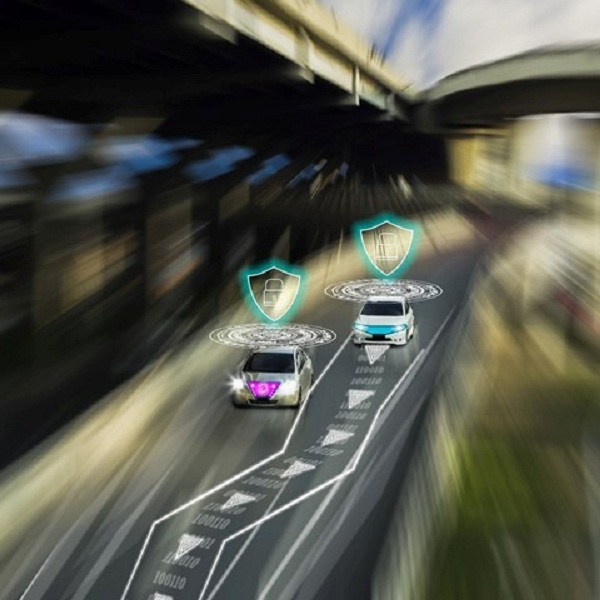Road congestion could nearly double current levels if self-driving cars become commonplace, a government report has warned.
The analysis is based on predictions estimating that connected and autonomous vehicles could make up half of the car fleet by 2047, allowing many more people to access this form of transport, including “the elderly and those who do not currently hold a driving licence”, according to the report.
The document also claims that “the ability to work or relax while travelling in a self-driving car” means occupants will be “more amenable to sitting in traffic”.
This view echoes that of experts and company executives who have predicted that autonomous cars will become mobile entertainment/infotainment ‘pods’ where consumers watch immersive films and TV, game in virtual reality (VR), or use windscreens as a lens to the outside world using augmented reality (AR) to overlay content and advertisements.
“There are currently 5.9 million licence holders aged 70 or over in Britain, so we know the demand for mobility is there among those of a senior age,” said Steve Gooding, RAC Foundation director.
“In the foreseeable future, automated vehicles offer the tantalising prospect of independence for the many millions more people who fall into the older age group but for whatever reason – cost, medical impairment – don’t currently drive.”
According to a Thatcham Research 2022 survey, 73 per cent of UK motorists recognise the potential benefits of emerging automated driving technology. The majority identified improved safety as the main benefit of the technology (21 per cent), followed by improving mobility for elderly and disabled people (14 per cent) and reducing pollution (8 per cent).
Nonetheless, the popularity of the technology could also bring about new challenges.
“If everyone insists on having their own driverless car then traffic volume and parking pressures will rise,” Gooding said.
“However, if we are prepared to access these vehicles on-demand and forgo personal ownership then we could have a win-win situation: quieter roads, fewer cars shared by the many, and cheaper transport.”
The development of self-driving vehicles could create around 38,000 jobs in Britain and be worth £41.7bn to the economy by 2035, according to DfT.
Traffic information supplier Inrix recently found that UK drivers lost an average of 80 hours last year due to congestion. The number significantly increased for London drivers, which were found to spend an average of 156 hours sitting in traffic in 2022.
Writer and broadcaster Christian Wolmar, the author of ‘Driverless Cars: On a Road To Nowhere’, insisted that the Government should “not be trying to accommodate” these increased levels of traffic created by self-driving cars.
“I think there is zero chance of there being driverless cars that operate in mixed areas with other traffic in any large amount or in any difficult situation,” he said. “There has been very little real progress in terms of creating cars that could go anywhere in any conditions.
At the moment, fully autonomous cars are not legally permitted in the UK. However, some self-driving features are being developed and tested in specific trials such as a bus service in Scotland.
Last year, the UK Transport Secretary announced a £100m investment to boost the rollout of autonomous vehicles on the country’s roads, and revealed that certain models of cars, coaches and lorries with self-driving features could even be operating on motorways in 2023.
The reasons behind the slow adoption of this technology are, nonetheless, safety concerns. In 2022, the US National Highway Traffic Safety Administration (NHTSA) revealed that carmakers had reported nearly 400 crashes involving automated vehicles. As a result of these accidents, six people lost their lives.
Last June, MPs announced the launch of an inquiry into the development and deployment of self-driving vehicles, with the view toward boosting the rollout of this technology in a safe way.
Source: E&T










